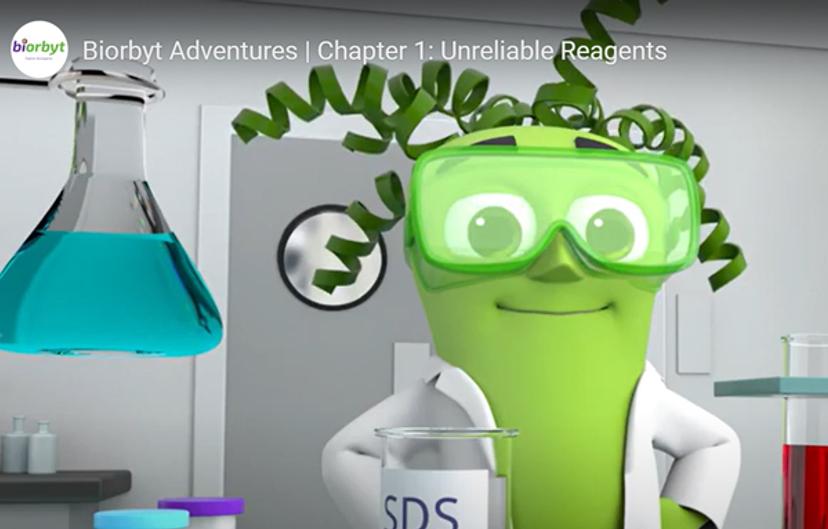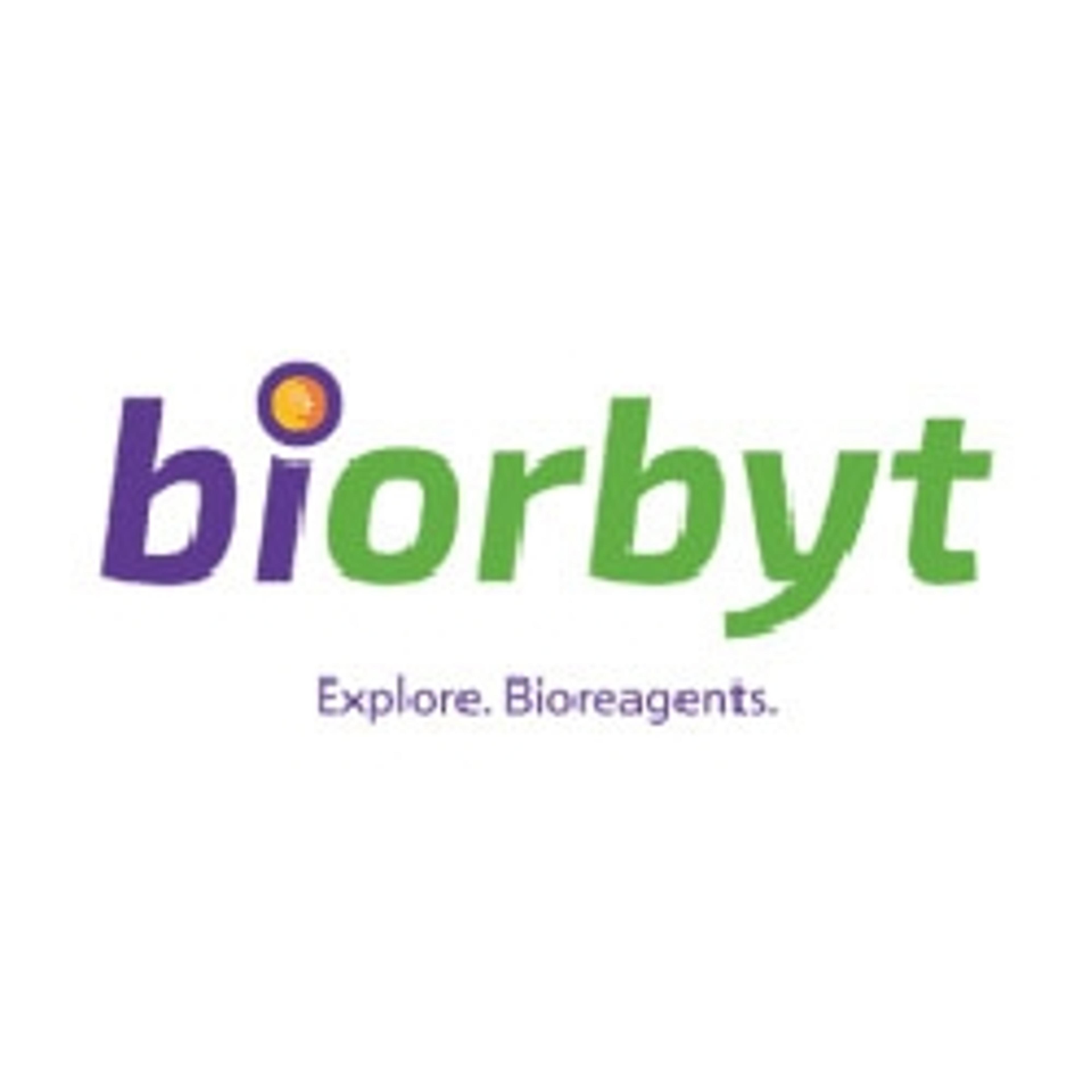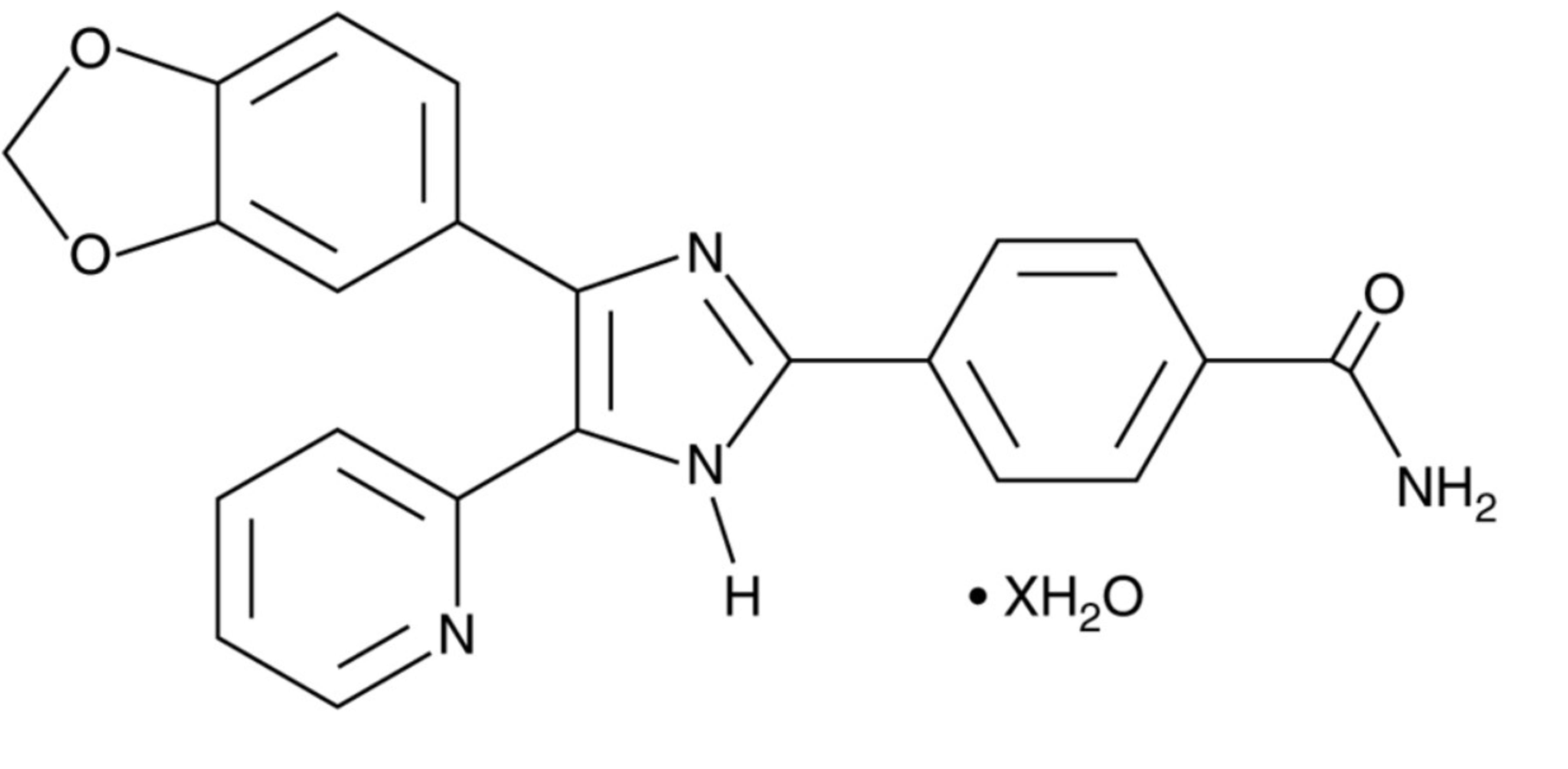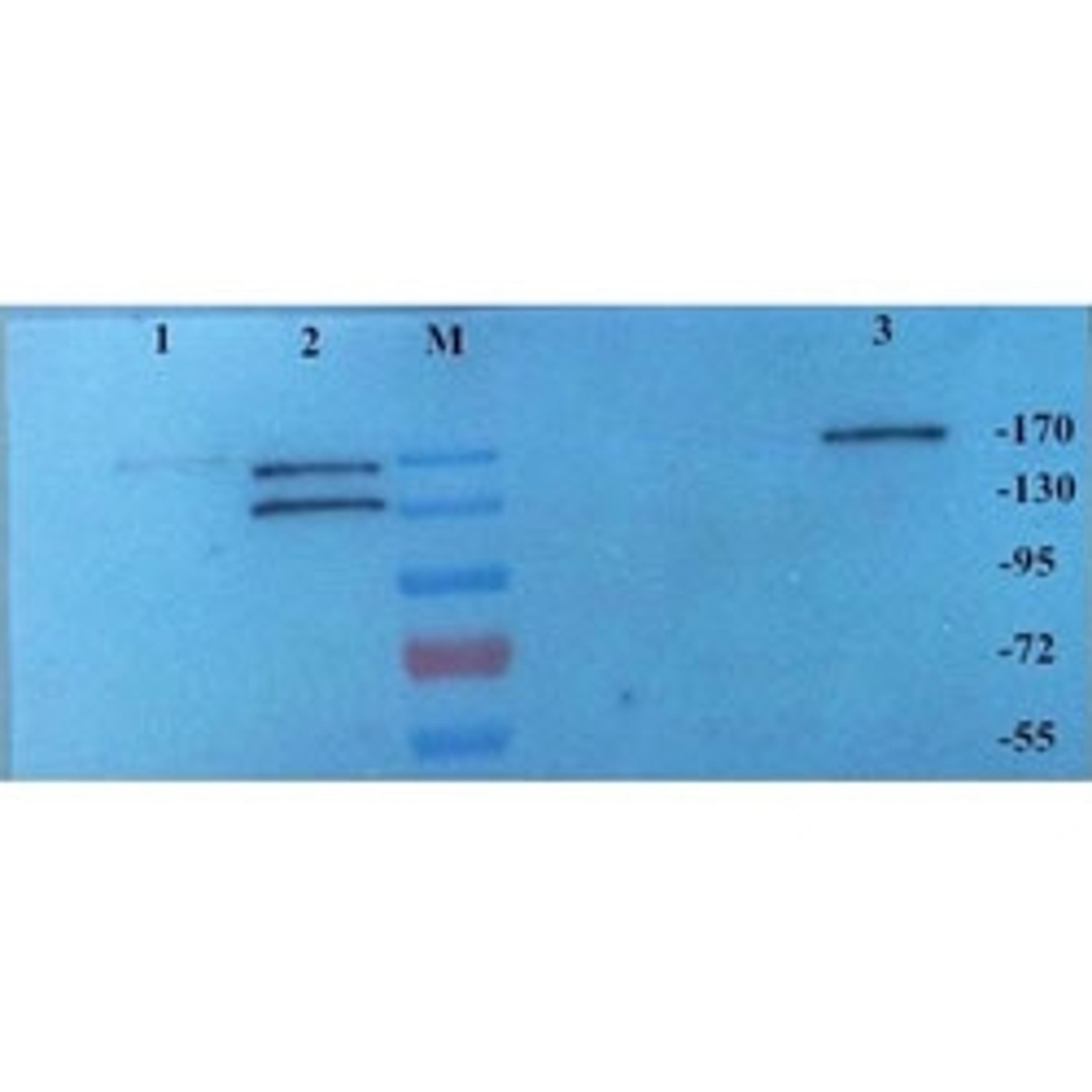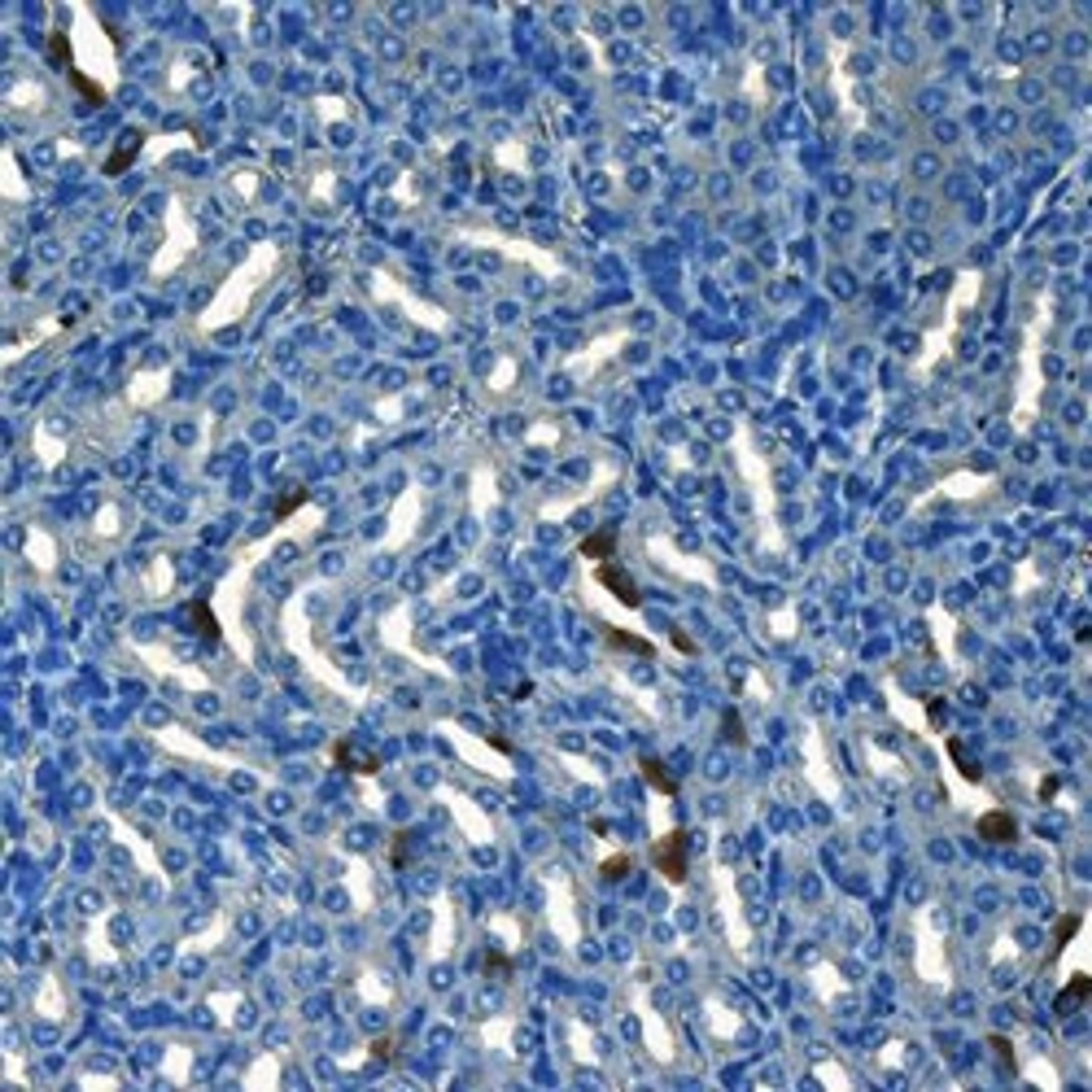Consistency is key: Developing recombinant antibodies for more reliable COVID-19 research
Discover how Biorbyt used ethical techniques to produce a new line of research tools to meet the challenges of the pandemic
24 Apr 2022

Antibodies are an essential research tool for many laboratories. When the SARS-CoV-2 virus became the subject of intense scientific interest, the need for new and reliable antibodies rocketed. Biorbyt, a small biotechnology company based in Cambridge, UK, responded to that need by rapidly developing new research tools including recombinant antibodies.
In this interview Dr. Tillmann Ziegert, Managing Director of Biorbyt talks about the consistency of Biorbyt's new line of recombinant antibodies, the ethical development of research tools, and how being a small company makes agility possible when faced with challenges.
The value of recombinant antibodies
The ‘3Rs’ of replacement, reduction, and refinement are essential aspects when considering the use of animals in the production of research tools. This is something that Biorbyt takes seriously when developing its monoclonal and polyclonal antibodies. Rather than using animal-raised antibodies as is common, they have developed a series of recombinant antibodies within cells, avoiding the use of animals. Ziegert explains, “It was important for us as a company to do what we could to push the values of the 3Rs, and so we worked hard to find a reliable way to produce the antibodies that our customers need using alternative methods. But it had to be with a method that produced the same, or better, quality antibodies at a similar price.”
Animal-raised antibodies are produced by introducing an antigen into an animal, triggering an immune response producing antibodies, which are then recovered from the animals’ serum. By contrast, recombinant antibodies are created in the laboratory using cells that have had cloned antibody-producing genes inserted into them. This works for monoclonal and polyclonal antibodies, and Biorbyt utilizes both. It is time-consuming and expensive work to establish successful recombinant antibody cell lines, but one that Biorbyt thinks is worth it. “It can take a while to develop antibodies, that work as well or better for our customers and at a similar price – but it’s worth it to know that we’re contributing, even in a small way, to reducing the numbers of animals needed for research” says Ziegert.
Ziegert continues, “Not only is using cell lines to produce antibodies a good way to reduce the use of animals, the cells also produce antibodies that are more consistent between batches. Because we are making antibodies from the same cloned antibody-producing genes, the antibodies produced are highly similar. This helps our customers as they can be confident that each batch of antibodies provided by us will be consistent."
We’re able to respond quickly to demands for certain lines and specific products. We’re here to support researchers with what they need for their studies.
Dr. Tillmann Ziegert Managing Director, Biorbyt
Weathering storms as a smaller company
The COVID-19 pandemic was the perfect opportunity for Biorbyt to utilize their agility as a small company and pivot to develop antibodies for a rapidly growing research area. “Customer demand is a big driver of our business direction”, says Ziegert. “The pandemic presented the need for reliable, consistent antibodies to research the SARS-CoV-2 virus.”
The closure of some laboratories, and the reduction of research capacity at others, led to a direct decrease in the need for antibodies. “Fortunately, we were able to weather the storm and retain all of our staff”, attests Ziegert. “But we did need to think on our feet a bit, and make sure that we were providing the research resources that were needed for the research that was still going on.”
Biorbyt rose to the new challenge by developing product lines in COVID-19-related antibodies, proteins, and assays – including recombinant antibodies. “Our new lines will help people actively researching SARS-CoV-2 and have supported research to find vaccines”, explains Ziegert “but they may also be helpful for a range of other studies. Importantly, it shows us and our customers that we’re able to respond quickly to demands for certain lines and specific products. We’re here to support researchers with what they need for their studies.”
COVID-19 has not been the only challenge Biorbyt has faced, as Brexit has also affected UK-based operations that ship to laboratories within the EU. Ziegert explains, “Brexit has increased the amount of administration that we have to do to ensure that our products get to our EU customers in good time. We’ve had to adapt to new regulations, but it’s certainly not enough to make us consider stopping our supply to the EU. Our EU-based customers are important to us, and we hope to be able to continue to contribute to the amazing science produced by our customers all over the world.”
“It’s been a challenging few years for everyone”, concludes Ziegert “but we’ve shown that we’re able to respond and adapt to challenges. We are looking forward to continuing to innovate and adopt methods that quickly provide what our research customers need in a way that is consistent with our values.”
